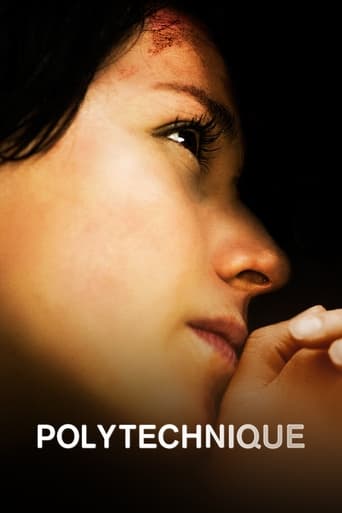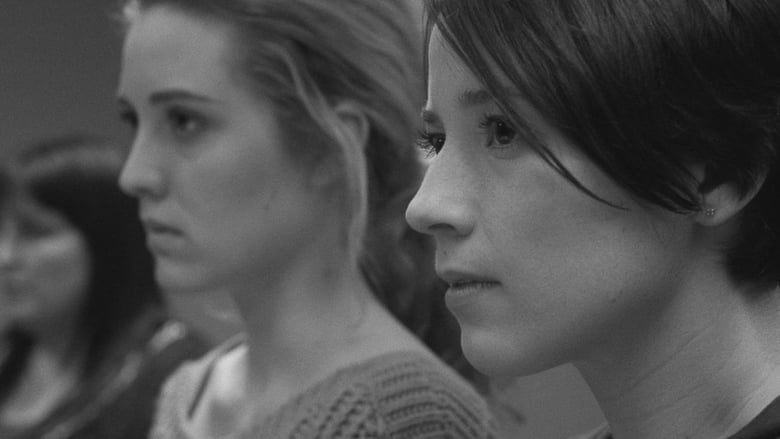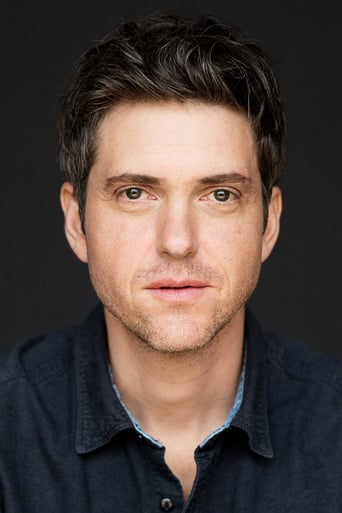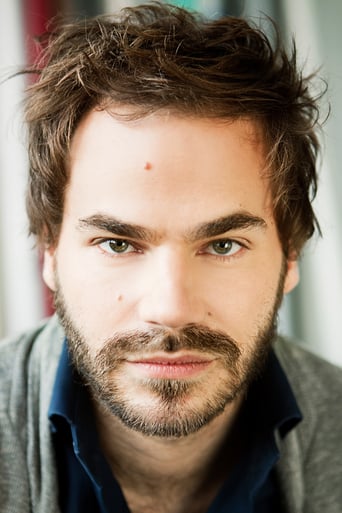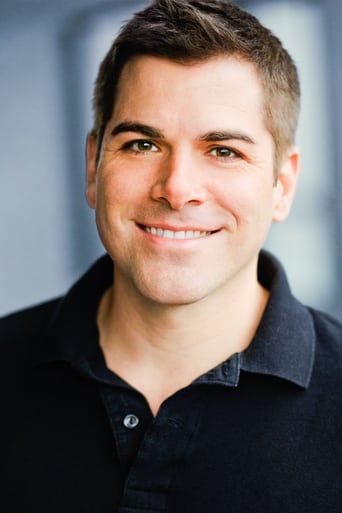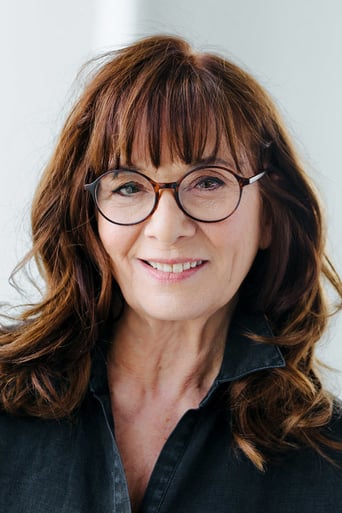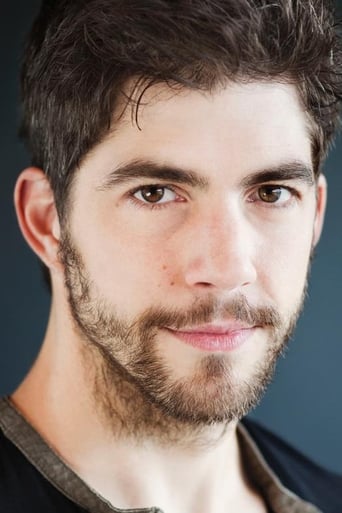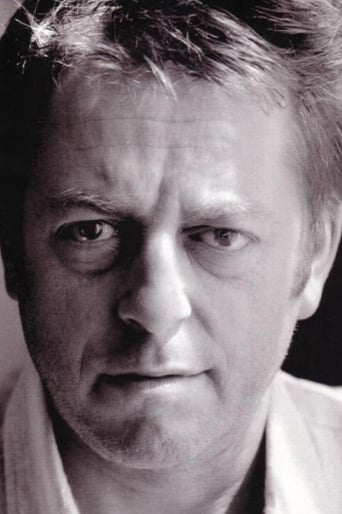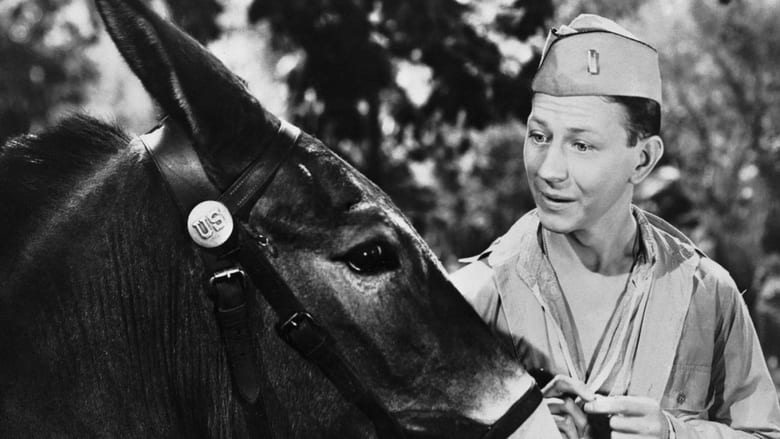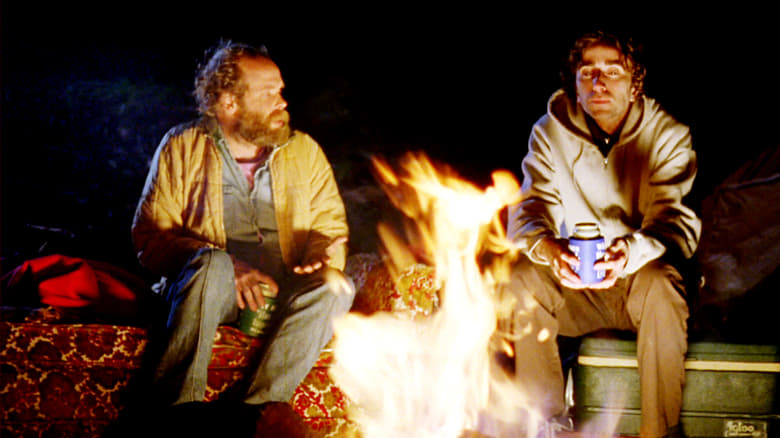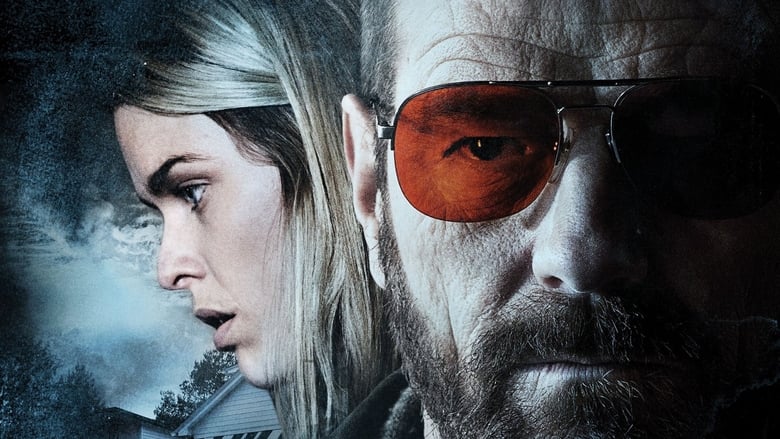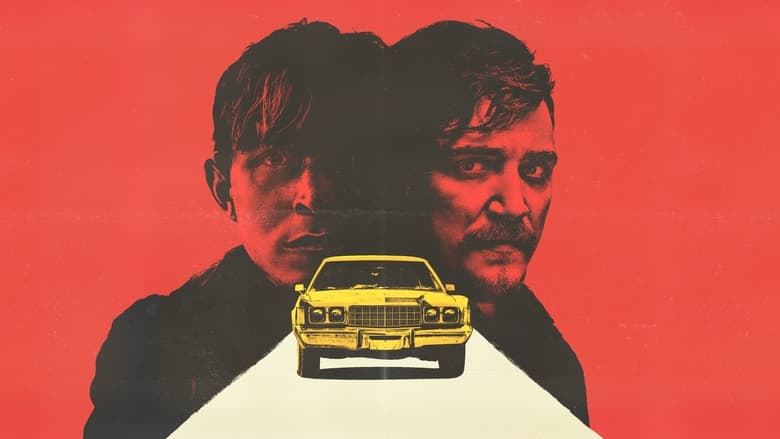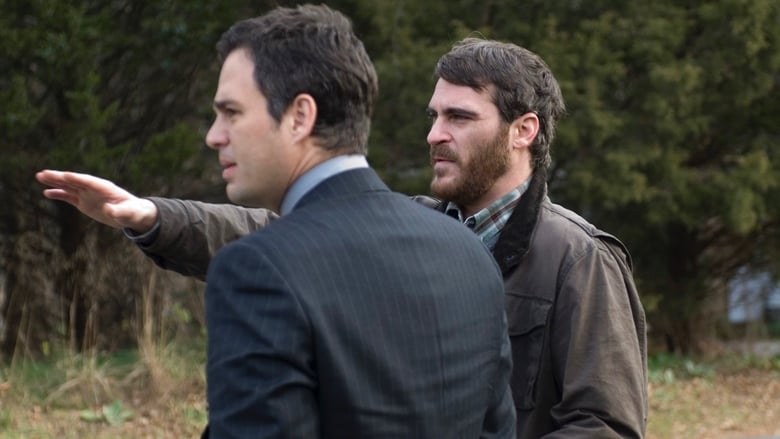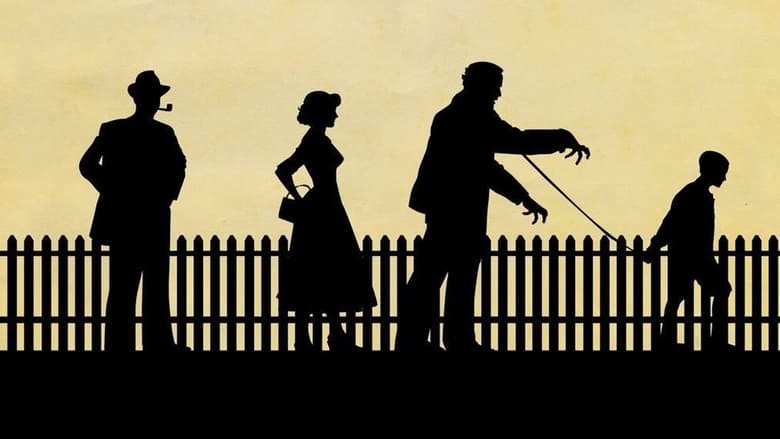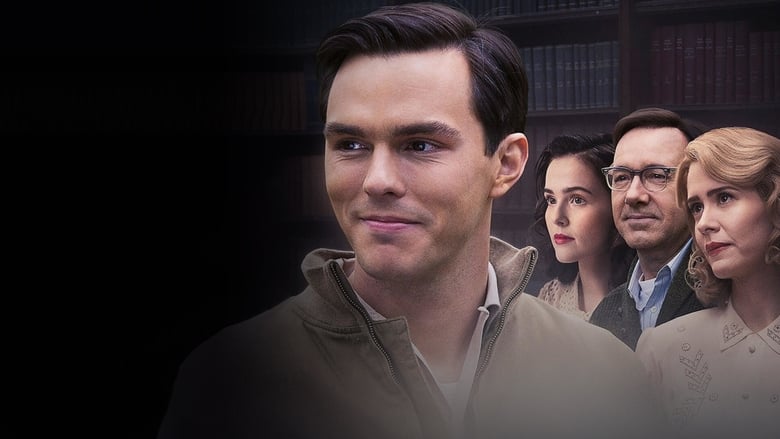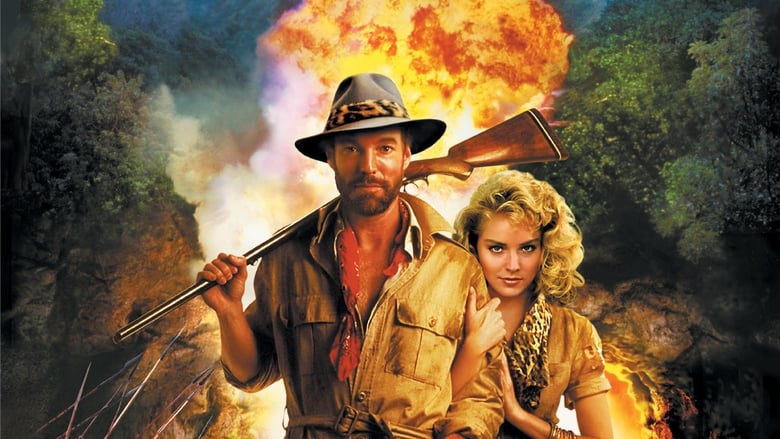A dramatization of the Montreal Massacre of 1989 where several female engineering students were murdered by an unstable misogynist.


Similar titles
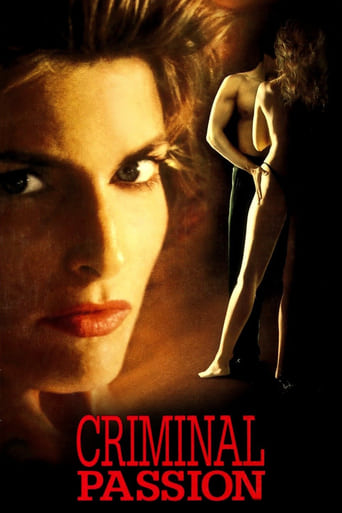

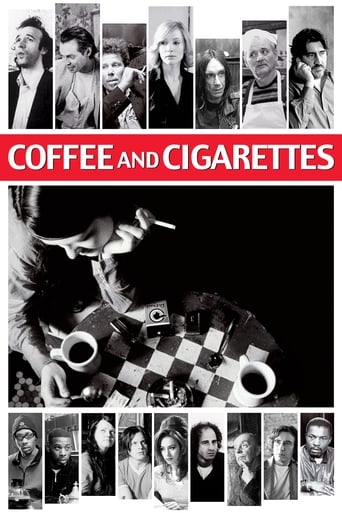


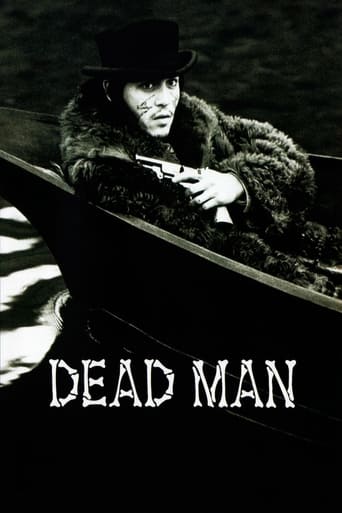
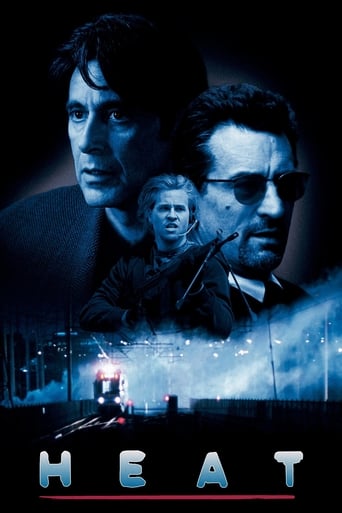
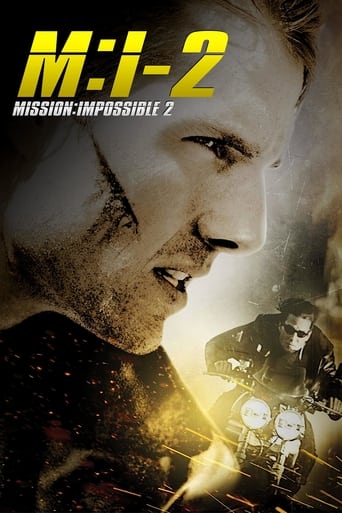
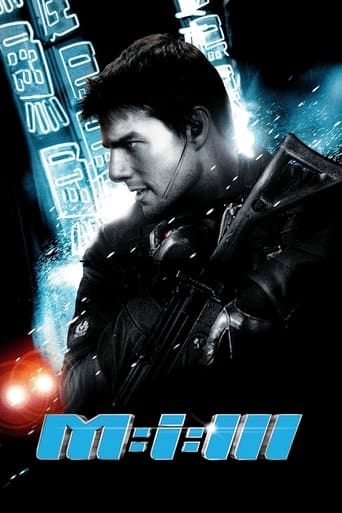
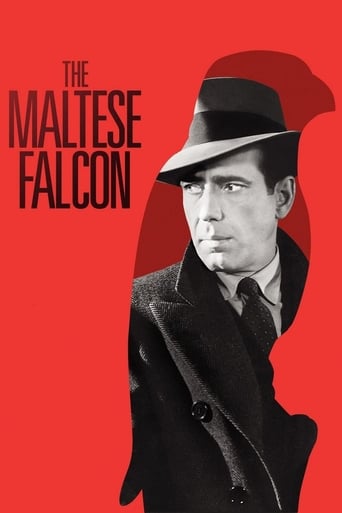
Reviews
Denis Villeneuve is a bystander who fails to show the real workings from behind the scenes and adheres firmly to political correctness to avoid an uproar by sexist feminist hate groups. Independent studies reveal that girls torment and abuse others in different ways that are not even recognized by the current laws. The lack of public awareness on abuses by girls, allow such atrocities to continue beyond reproach. When bullies pick on loners in schools, they pay the price when the loner gets a weapon and hurts those girls who tormented him. A gang of girl bullies cornered and killed an Indian girl not too long ago. The world gets to see inside the minds of those involved, and pick out who is responsible and what part of the process that led to such a tragedy. Polytechnique avoids all of that. In fact, it is just an exercise in panning the camera about and never digging into the facts that is expected from a movie. It never goes beyond the information already provided by the news media, and even tells us less than what we already know. There was nothing gained by shooting it in Black and White, other than to give an amateur false sense of newsworthy material. It never mentions the Disturbing Misandrist Quebec society that fosters extreme bigoted Feminist hate and discrimination via Affirmative Action. The misandry is systemic and is completely entrenched in the education system which leads to more sexist misandrist hate and discrimination against men.Marc was the victim of intense hate and discrimination because Misandrist hate is so ingrained in Quebec society that everyone, including young girls, think that it is acceptable to hate and abuse men because men do not have the political voice to cry out when they are victimized and oppressed. There is not a single men's shelter in Canada and men are not recognized as victims under the current gender-biased sexist Feminist laws. At some point when the misandry is just too much to bear, the abused man will lash out and strike out against the feminist abusers to defend himself. Marc's pain and suffering was not recognized, and his feminist abusers were not exposed so they will be free to continue their abuse and discrimination under the protection of the sexist feminist misandrist laws. 4 men were shot at Polytechnique, but their suffering have been erased because under an abusive sexist feminist regime, men are not allowed to be victims, but must be held responsible. Girls are given absolute rights but are not required to be held accountable. Only girls get to hold the Victim Card.No one is allowed to speak out against the misandrist feminist tyranny without being silenced under such an oppressive Marxist regime. Larry Summers made such a mistake by speaking out, and he was silenced. Now Harvard University falls victim to the Feminist Communist oppression. Warning, you will walk away with the feeling that the movie was heavily censored and was an amateur attempt to evoke emotions, without providing known explanations for the misandrist backlash because of intense fear of political subterfuge from Feminist hate groups. The Polytechnique event is revealing and exposes feminism for its militant hate policies, but the misandrist truth is far too disturbing for the public to fathom. 20 years later, the disturbing feminist misandrist rampage has spread to little boys in elementary school. Only 32% of university students this year are men. The circle of bigoted feminist misandrist hate and oppression against men is complete, and paves the way for the Marxist Communist New World Order.girlwriteswhat on youtube said it nicely, Feminism is the destroyer of worlds, and the dumbest people will promote Feminism.
I'm finding it hard to write an in-depth review about this movie, but of all the mass murder films I have seen, the imperfections of this film seem to make it a very good case in point to comment upon. The thing I most take issue with is how the film makers decided to relate the film to any real life incidents it was based on, by telling the viewer upfront at the opening of the film that it was based on the Montreal massacre, but saying all characters in the film are fictional. The purpose for this is clearly for nothing other than the capitalization upon real life human suffering, otherwise really why would it need to be blatantly stated if the film is a fictional account? When film makers do that, they knowingly attract the interest of people in such events, and moreover they place their film on a pedestal above fiction which tends to endear people towards the film, however this IS fiction and it is difficult to tell where the fiction and biogrqaphy begins and ends.Adding to this tasteless fact, the film makers decided to make their film in black and white (for whatever official reason). The likely and common reason, is that it bestows a certain respectability and legitimacy to the film, a technique used many times before in action dramas which may otherwise come across as exploitative, for if it were in color like most films, it might have been regarded as "just another made for t.v. movie" which to be honest wouldn't be that unfitting.As to the content, is the film in itself horrible? Not necessarily, though because the scenes depicted are very matter of fact, and mainly action driven with very little dialogue, not to mention that of all the films involving mass murder I've seen, this film shows probably the greatest amount of actual violence, it may not be intended to shock, but there is very little depth outside of what we instantly know the film pertains to."Polytechnique" can very easily be compared to "Elephant" in terms of the feel of the film, though Elephant really did seem to have a purpose and real depth and artistry, whereas this film seemed to be merely showing us events. While Gus Van Sant in "Elephant" badly messed up on chronological timing, there isn't much in "polytechnique" to scrutinize other than the fact that in the 30 or so minute range of time that the shooting takes place, it remains questionable that there would be so many people still simply milling about the institution unaware of what was happening for such a long time, though all things said and done, it is very hard to say exactly how such events would play out in reality.There was very little buildup, very little contemplation on the event, and since I came away from the film feeling empty, and really asking what the point of the film was, ultimately the film just doesn't have very much to say. What it does, is it merely coldly shows us a horrific event without giving it much of a face other than (The shooter hated feminists... so he killed them.) Again, not a horrible movie, but it doesn't possibly in any way do justice to the actual event that took place, which is really a bit shameful.
(English version)If you didn't enjoy Gus Van Sant's "Elephant", then hopefully you'll enjoy "Polytechnique". The director doesn't use long camera shots of characters walking, and they have more of a back-story. In "Elephant", the characters had practically none. I enjoyed the film, regardless, but "Polytechnique" is done better, and I'm not saying this because I'm Canadian.I was only two when the massacre happened, but I learned about it as I grew up. Like the events depicted in the film, a disturbed misogynist with a semi-automatic rifle walks into Montréal's École Polytechnique, on a winter day in 1989. He picks a classroom, tells the males and females to divide up, and you can guess what happens. What I didn't learn is that he wasn't done. He continued his rampage in the school, until he committed suicide.The film is in black and white, making things more depressing, along with shots of snow falling. We occasionally jump back and forth in time, from earlier in the day to sometime after the tragedy. It was a little confusing for me, but I eventually understood what was happening. The killer is shown thinking and preparing, beforehand. Whenever he's on screen, it's especially tense. Part of that is credited to Maxim Gaudette's performance.The other main characters are two female students living together, and a male friend of theirs, who wants to help the killer's victims in the school, instead of fleeing. These three characters aren't highly developed, but we do get to know them more than the ones in "Elephant". As for the killer, his development comes from his narrated suicide letter. Regardless, I don't believe the filmmakers were out to make him look like a monster. He's basically filmed the same way the hijackers were in "United 93". Just people.The version of the film I'm reviewing is not actually dubbed. From what I understand, the scenes were retaken with the actors speaking English. It's more obvious, for instance, when you see someone writing on paper in that language. Personally, I would've liked to see it in French. There wouldn't even be that many subtitles, because the film doesn't have much dialogue. It doesn't really matter, though."Polytechnique" plays like the tune from the soap opera "The Young and the Restless". It's tragic and memorable. The other day, a teenager in Britain nearly went on a rampage in his school, but it was prevented because the threatening message he posted online was quickly reported by someone with a heart. A heart that these filmmakers have, to not exploit the tragedy, but to show it respectfully, and dedicate it to those who lost their lives that day. Lest we forget.
On December 6, 1989, Marc Lepine wrapped his Ruger Mini-14 semi automatic rifle in a plastic garbage bag, filled the pockets of his coat with ammunition, and headed off to class at the Montreal's Ecole Polytechnique, the engineering branch of the University of Montreal. By the time he was through, fourteen women lay dead, and another ten women and four men were in critical condition. Lepine culminated his misogynistic rampage and wretched existence with a bullet to his head, leaving behind a rambling three page letter railing against feminists who had turned society against him and ruined his life and everything good that had been created by man.Even today the magnitude of the tragedy runs deep in Montreal's collective psyche, and its into this minefield that the film Polytechnique dares to tread, stirring strong sentiments from the public and critics alike for recounting an event whose wounds still live in the consciousness of victims families and survivors.Filmed in stark black and white, and shot twice, once in French and again in English using the same cast, Director Denis Villeneuve imbues the film with an almost suffocating foreboding as a pallor of death hangs over the day like the snow that gently falls throughout. Rather than dwell on Lepine, he instead shifts the focus to two fictional students, Valérie (Karine Vanasse) and Jean-François (Sébastien Huberdeau), each bringing the perspective of their respective gender to the story.By framing events through the lives of these two, Polytechnique packs a most powerful punch. With the exception of a bone chilling beginning, Lepine's murderous rampage virtually plays second fiddle to the story of Valérie and Jean-François, which is how Villeneuve wanted it. He studiously avoids dwelling on death, and shifts the film's emphasis to that of life, grappling with tragedy head on, and the aftermath of anguish that exploded that day like so many bullets from Lepine's gun.This isn't some sensationalist gory ode to a mass murderer, but rather a memorial to the victims of that day. It's not that often you see that in a movie, which makes watching Polytechnique an act of remembrance, and a cause to reflect.
